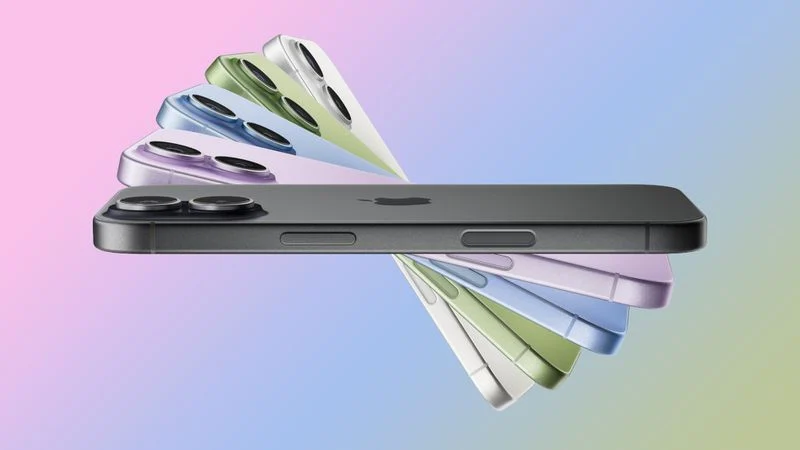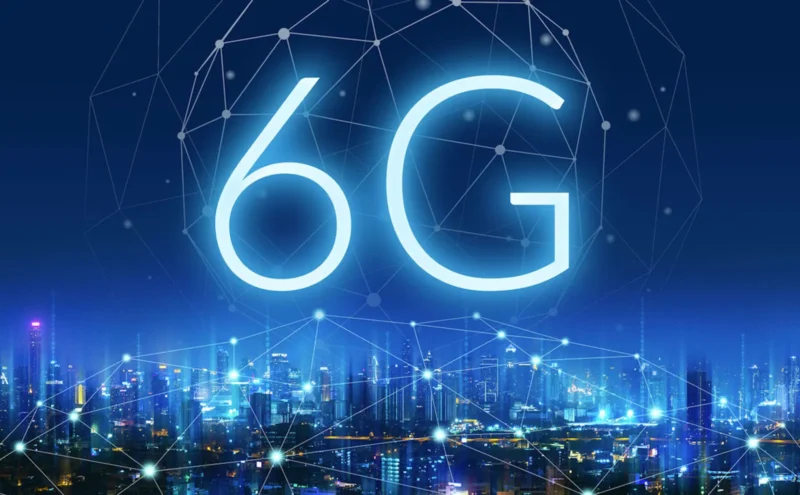
The Great Encyclopedia of the iPhone 17 Series: The “Slim” Revolution and Boundless Performance
Apple’s Fall 2025 announcement, the debut of the iPhone 17 series, was not just a routine facelift but a strategic shift in the history of

iPhone Coronavirus: Now that the Coronavirus is at pandemic levels, with thousands of cases and multiple fatalities, we need to start paying more attention to some of our day-to-day hygiene practices.
The most basic guidance here is to wash our hands regularly with antibacterial hand wash for 20 seconds and to avoid touch our faces. (Buy it here: CAREX Liquid Hand Soap, 500 mL) Some people are investing in hand sanitizer and face masks for extra protection.
But, there is one factor that many people continue to neglect: their smartphones! So, what can iPhone users do to keep their smartphone clean and minimize the risk of contamination?
At the moment, there is still quite a lot that we don’t know about the Coronavirus. This isn’t the flu….it’s something new.
We don’t know how long it will survive on surfaces. We don’t know how long this pandemic will go on for, or how serious it could become.
What we do know, however, is that the risks of infection reduce through those simple hygiene practices. But we also need to realize that our smartphone use might not help us.

We continually touch our iPhones with our hands as we scroll through messages, photos and social media. We then put them up to our faces whenever we take a call.
The screen could harbour the bacteria and leave us vulnerable. It isn’t just us either. If you have loved ones that use your device at home then they could come into contact with the bacteria themselves.
The same is true for any iPad or similar devices in the home.
If you want to know how badly “infected” your iPhone device can be. Have a look at the below research communicated by insurance2go.co.uk about how much bacteria and yeast shows up after the smartphones being incubated at 30°C for 48 hours:

The best thing that you can do is to continue washing your hands whenever you get home from the stores or after social interactions. The soap will help to break down the outer layer of the virus and limit its effectiveness.
This will then lower the risk of passing it on to your devices, laptop keyboards or any other surface. But, this isn’t always practical when you have your smartphone constantly within your possession.
It just takes one handshake with a client and to then open up a file on your phone and you could contract the virus with ease.

That is why smartphone owners are now advised to spend more time appropriately cleaning their phones to try and limit the risk. The word appropriate is important here.
If you do too little then you might not lower the risk of infection. Do too much and you might damage your iPhone. Be careful when using disinfectant liquids and antibacterial wet wipes on your iPhone. (Buy it here: Kleenex Antibacterial Wipes and 100pcs Alcohol Free Hand or Facial Wipes)
If you are too rough with the wet wipes on the screen then you might damage the protective surfaces.
If you use too much liquid then this might get into the ports and microphones and cause further damage. Wipes and cleaners with harsh chemicals may also damage the materials of your iPhone.
This could cause irreparable damage to the screen and limit its functionality for touchscreen features or any security features.

There are some mixed reports out there on the best methods for cleaning your smartphone. Apple had advised iPhone and iPad users to stick to a cloth and a little bit of soapy water to combat the spread of Covid-19 on devices.
Now they say that it is fine to use disinfectant wet wipes with 70% isopropyl alcohol. (Buy it here: 99.9% Isopropyl Alcohol on Amazon). This change in policy reflects the growing concern about Coronavirus and iPhone users across the world. So, furthermore, Apple is clearly aware of the potential risk Coronavirus and concerned about its spread to its shareholders, staff and consumer base.
They have just cancelled the launch event of the iPhone 9. At the moment it is unclear when this will go ahead. But, it wouldn’t be a good look to have fans scrambling for phones after advising people to adhere to social distancing rules and improve their screen hygiene.
Some iPhone users may consider the benefits of a UV case for their device. The idea here is that these cases can bathe your smartphone in ultraviolet light to kill off bacteria.
While there is no evidence that this will kill off the Coronavirus on iPhones, it might help and offer some peace of mind to anxious users.

Another approach could be to limit the number of times you put the phone to your face. Take calls on headsets (Buy wireless Earpods here: Wireless Earpods), speakerphone or via facetime to limit direct contact of the phone’s screen onto your face.
This shouldn’t be too difficult for those that already dislike the idea of using the phone “normally”.
Also, smartphones use part of your new social distancing protocols. If you are being careful not to go too near other people and avoiding hugs and handshakes. Don’t then take someone’s phone to look at a photo or check some contact information. You don’t know where that phone has been and what is on that screen.
To be honest, many of us could do with employing better cleaning practices with our smartphones – even when this outbreak is over.
A ZDNet poll on Twitter back in January found that 59.9% of those asked never disinfect their phones.
There is also the suggestion that 88% of adults use their phones in the bathroom.
Therefore, it makes sense to use more microfibre cloths, cotton swabs and specialist cleaning fluid for regular cleaning. It could help with other illnesses like the flu and common colds.
Let’s start with the “DO”-s:
And the “DON’T”-s
There are no calls for iPhone users to stop making calls or using devices to limit the spread of Coronavirus. But, there is no doubt that better phone hygiene and increased cleaning of screens could help.
Get the right cleaning solution and cloth, wipe down the screen regularly and don’t handle someone else’s phone. If you do this and continue with that all-important hand washing, you stand a better chance of avoiding Coronavirus.

Apple’s Fall 2025 announcement, the debut of the iPhone 17 series, was not just a routine facelift but a strategic shift in the history of

China has developed the world’s first 6G field test network, which integrates communication and artificial intelligence, demonstrating that 6G transmission capabilities can be achieved using